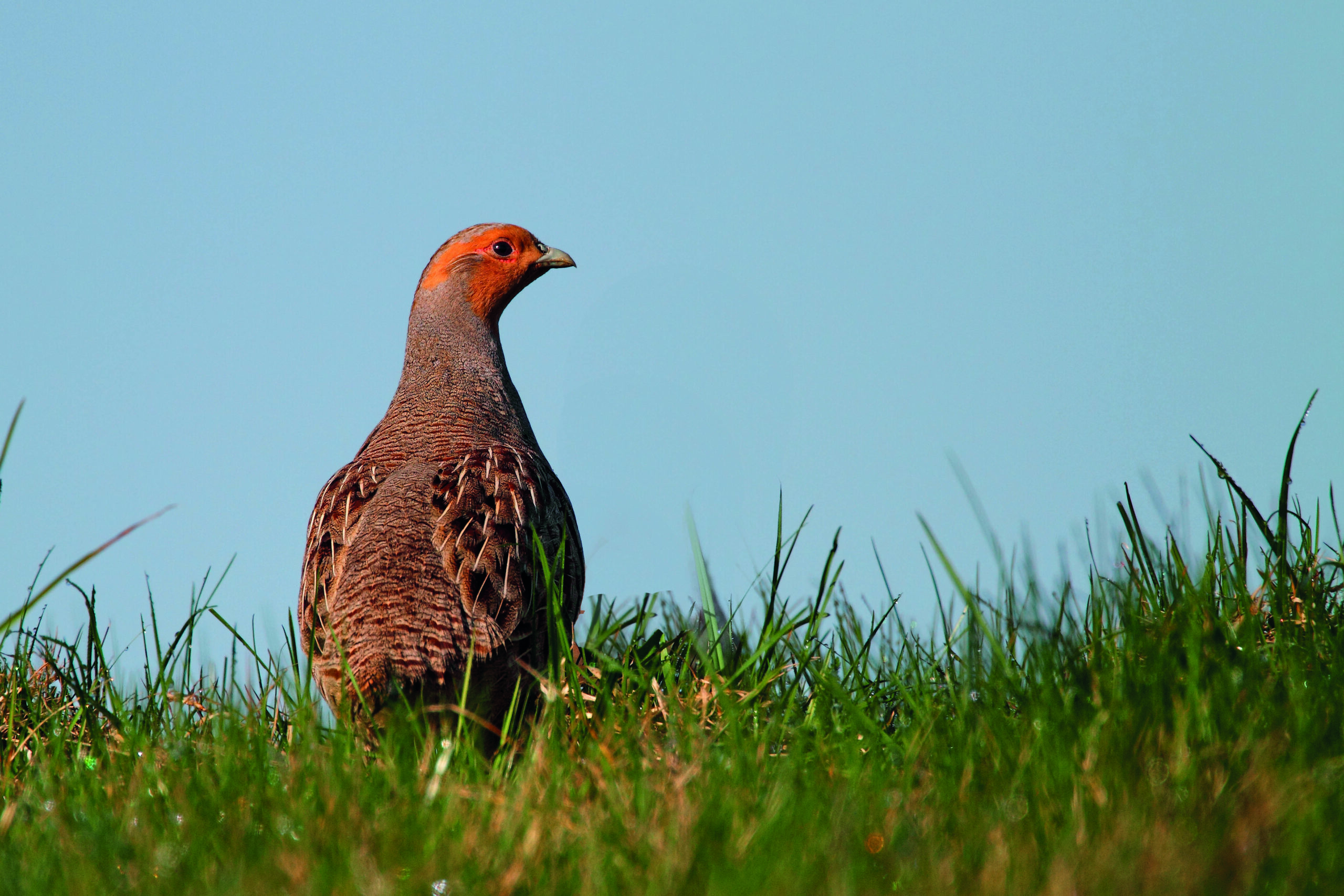At last, a new licence for releases on SPAs
After almost a year’s wait, Defra issues a new general licence for game releases that will also help to protect wild birds against avian influenza.

A new general licence to cover the release of gamebirds on or near certain Special Protection Areas (SPAs) in England has finally been announced by Steve Barclay, Secretary of State for Defra.
The new licence, GL45, has been welcomed by the shooting community after the chaos of last year’s unexpected announcement that GL43 would not be renewed. Since then, rural lobbying groups, including BASC, GWCT, National Gamekeepers’ Organisation and the Countryside Alliance, have achieved important improvements to the licensing process.
The new GL45 will apply to the release of both common pheasant and red-legged partridge on 29 of the 31 SPAs, with important additional conditions to reduce risks of highly pathogenic avian influenza (HPAI). This will allow the release of gamebirds without the need for individual applications if the licence conditions are followed. Shoots in areas not covered by the new GL45 will be requiredto apply for an individual licence.
This relatively timely passage of information from the Government stands in stark contrast to Defra’s shock withdrawal of GL43 last year, which created turmoil for several shoots. The reason the Government gave for the change at the time was the perceived risk of transmission of HPAI from gamebirds to wild birds. Those who wished to release on SPAs therefore had to apply for an individual licence at late notice.
BASC head of game and wildlife management Glynn Evans said: “One of our key demands was that a general licence must be reinstated for SPAs and their buffer zone as soon as possible, to provide the sector with certainty for the coming season. After a long process of engagement with Defra, including mobilising our legal team to challenge its original decision, we are pleased it has listened to the evidence.”
GWCT adviser Mike Swan said: “Although we would have wished this licence to be published a little earlier, we are pleased that Defra has engaged with GWCT over the past few months, reviewing the science and working with stakeholder groups to develop a licensing system that ensures avian influenza risks are minimised, while retaining the conservation benefits to designated species that good game management can bring.”








